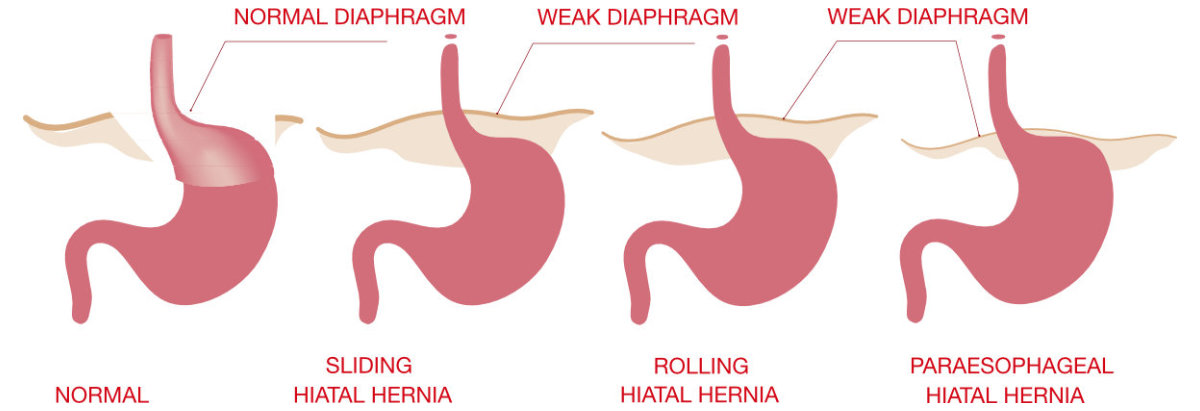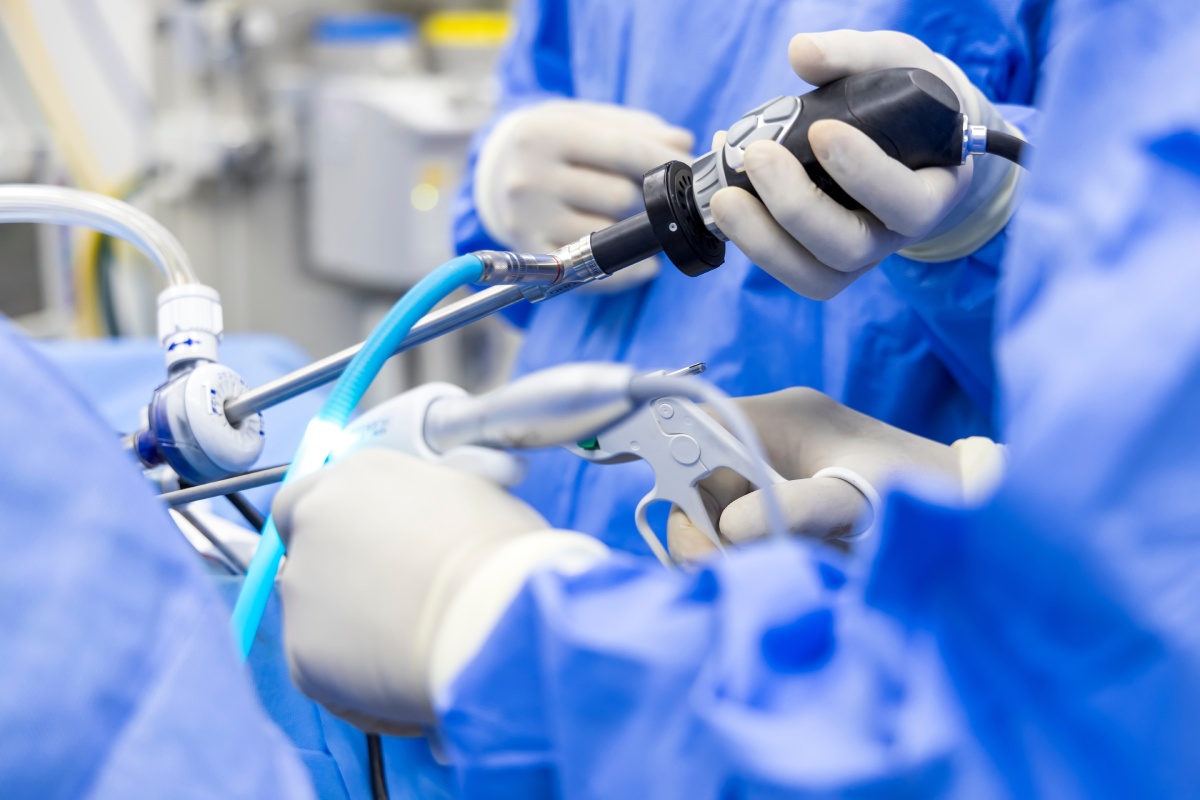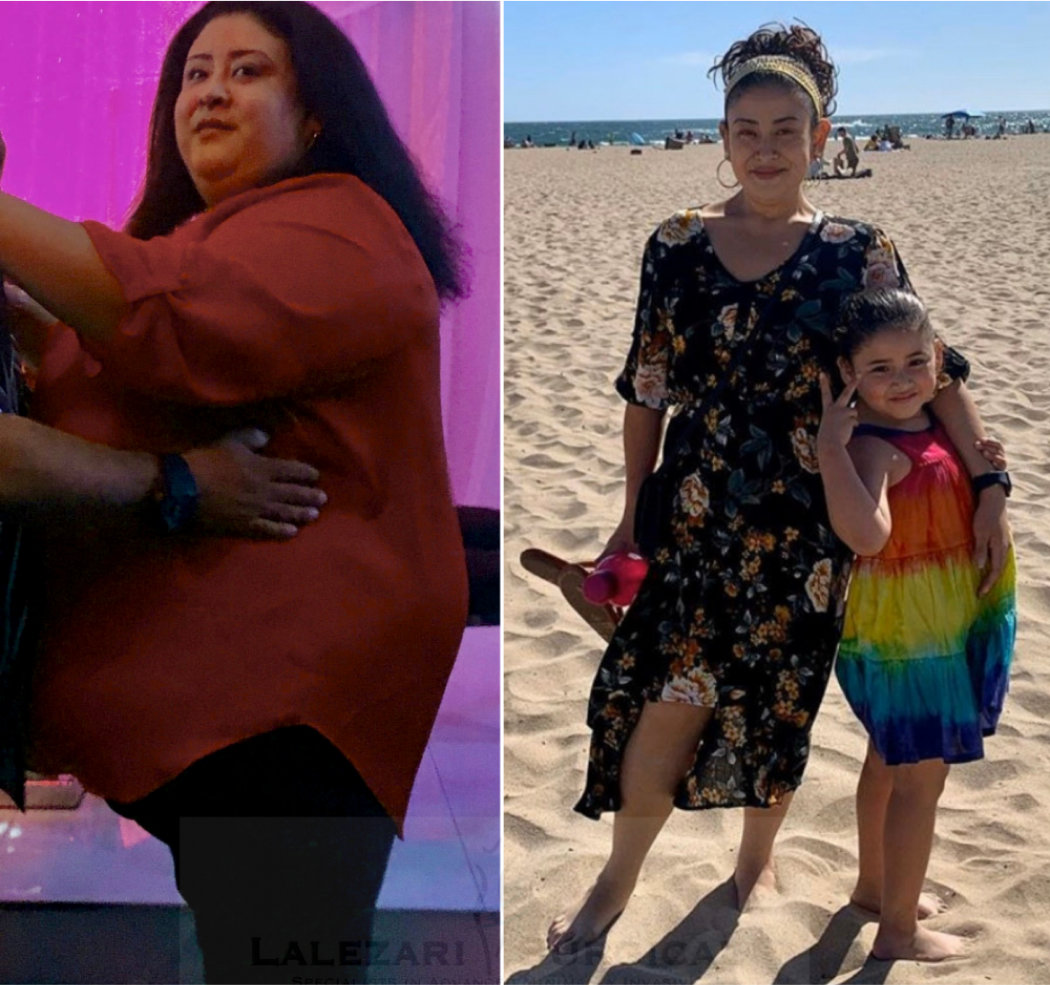Hiatal hernias are a common condition where part of the stomach pushes up through the diaphragm into the chest cavity. At our clinic in Los Angeles, we specialize in diagnosing and treating hiatal hernias with advanced, minimally invasive surgical techniques that ensure a quicker recovery and minimal discomfort.

Understanding Hiatal Hernias
A hiatal hernia occurs when the upper part of your stomach bulges through the large muscle separating your abdomen and chest (diaphragm), specifically through an opening known as the hiatus. This condition is often associated with gastroesophageal reflux disease (GERD) but can occur independently. Common symptoms include:
- Heartburn
Often severe, especially after eating or when lying down.
- Regurgitation of Food or Liquids
Sensation of food coming back into the throat or mouth.
- Difficulty Swallowing
A feeling that food is stuck behind the breastbone.
- Chest or Abdominal Pain
This can be sharp or a dull ache that may be confused with heart attack pain.

Minimally Invasive Hiatal Hernia Repair
Our approach to hiatal hernia repair focuses on restoring the normal anatomy and function of the stomach and esophagus junction. We primarily use the following minimally invasive techniques:
- Laparoscopic Surgery
This procedure involves making several small incisions in the abdomen, through which surgical instruments and a camera are inserted. The surgeon then repositions the stomach and repairs the hiatus. This method significantly reduces recovery time, postoperative pain, and scarring.
- Nissen Fundoplication
Often performed as part of hiatal hernia repair, this procedure involves wrapping the upper part of the stomach around the lower end of the esophagus to reinforce the closure of the lower esophageal sphincter, thus preventing reflux.
Benefits of Minimally Invasive Surgery for Hernias
Opting for minimally invasive surgery to treat a hiatal hernia has several advantages:
- Reduced Hospital Stay
Most patients are able to go home within 1-2 days post-surgery.
- Faster Recovery
Patients typically resume normal activities much quicker compared to those undergoing traditional open surgery.

- Less Postoperative Pain and Fewer Complications
Minimally invasive techniques cause less trauma to the body, resulting in less pain and a lower risk of complications like infections.
- Improved Quality of Life
Effective repair significantly alleviates symptoms, especially those related to GERD, improving overall quality of life.

What to Expect Before, During, and After Hiatal Hernia Surgery
- Consultation
You will undergo a thorough evaluation, including diagnostic tests such as an endoscopy or barium swallow study, to confirm the presence and type of hiatal hernia.
- Procedure
The surgery usually lasts a couple of hours, under general anesthesia. We ensure that you receive comprehensive care and monitoring during the procedure.
- Recovery
Post-surgery, you will receive detailed instructions on diet, activities, and medication to manage pain and promote healing. Follow-up visits are crucial to ensure a successful recovery and monitor for any potential complications.
Schedule Your Hiatal Hernia Consultation in Los Angeles
If you suspect you have a hiatal hernia or have been experiencing symptoms like heartburn and regurgitation, contact our clinic today to schedule a consultation. Our team is dedicated to providing expert care with state-of-the-art surgical options to treat hiatal hernias effectively.

